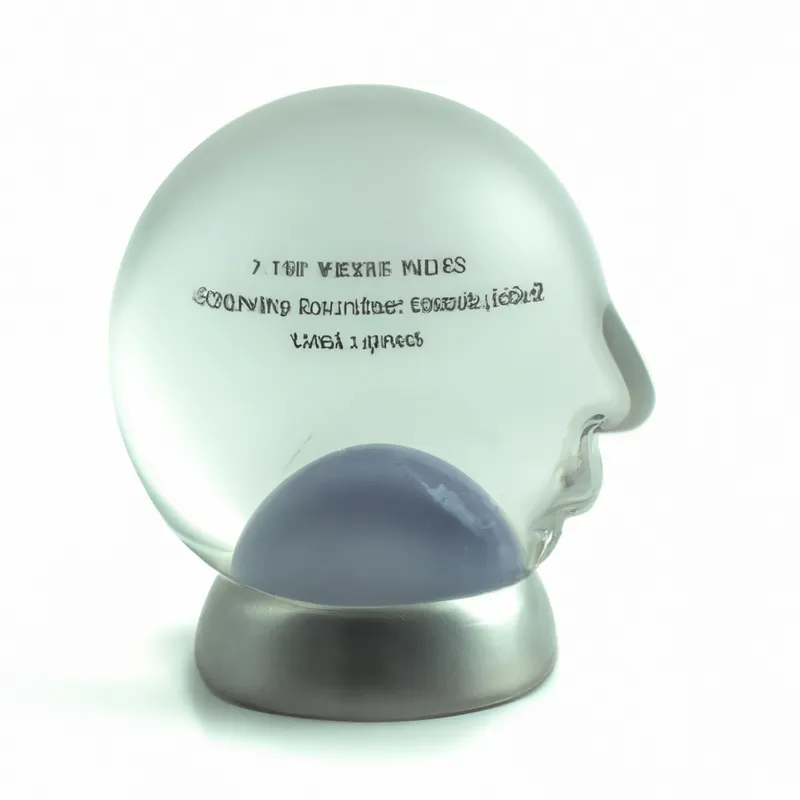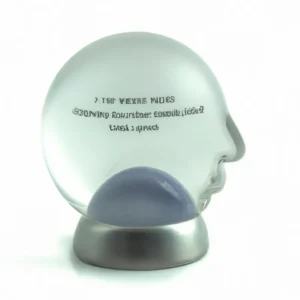**”Goal-Setting for Fitness: The SMART Framework and How to Apply It to Your Personal Health Journey”**
# Goal-Setting for Fitness: The SMART Framework and How to Apply It to Your Personal Health Journey
Setting fitness goals can often feel overwhelming, especially in a world filled with conflicting advice and trends. However, establishing clear and achievable objectives is crucial for a successful health journey. One effective approach to goal-setting is the SMART framework, which stands for Specific, Measurable, Achievable, Relevant, and Time-bound. In this blog post, we will explore how to apply the SMART framework to your fitness journey, along with essential nutrition tips, exercise advice, and the health benefits of setting clear goals.
## Understanding the SMART Framework
### Specific
When setting your fitness goals, it’s crucial to be specific about what you want to achieve. Instead of saying, “I want to get fit,” try defining your goal more clearly. For example, “I want to run a 5K without stopping.” This specificity gives you a clear target to aim for.
### Measurable
To track your progress effectively, your goals should be measurable. This means you should have tangible criteria to assess your success. Using our previous example, you might measure your progress by timing your runs or tracking the distance you can cover without stopping. Measurable goals help you stay motivated as you can see how far you’ve come.
### Achievable
While it’s great to aim high, your goals should also be realistic. Consider your current fitness level and lifestyle when setting your objectives. If you’re new to running, aiming for a marathon in a month might be unrealistic. Instead, set a goal to run a 5K within three months, allowing yourself enough time to train effectively.
### Relevant
Your goals should align with your overall health aspirations. If you want to improve your cardiovascular health, setting a goal to lift heavier weights may not be as relevant. Instead, focus on activities that enhance your heart health, such as running, cycling, or swimming.
### Time-bound
Lastly, every goal should come with a deadline. Having a timeline creates a sense of urgency and helps you stay accountable. For instance, you might set a goal to complete your 5K within three months. This time frame keeps you focused and helps prevent procrastination.
## Nutrition Tips
Nutrition plays a fundamental role in achieving your fitness goals. Here are some essential tips to consider:
1. **Balanced Diet**: Aim for a well-rounded diet that includes a variety of fruits, vegetables, whole grains, lean proteins, and healthy fats. This balance ensures your body gets all the nutrients it needs to perform optimally.
2. **Hydration**: Drinking enough water is crucial for overall health and can significantly impact your performance during exercise. Aim for at least 8-10 glasses of water a day, and more if you’re exercising vigorously.
3. **Meal Prep**: Preparing meals in advance can help you make healthier choices and avoid the temptation of quick, unhealthy options. Set aside time each week to plan and prepare nutritious meals.
4. **Listen to Your Body**: Pay attention to how different foods affect your energy levels and performance. Adjust your diet based on what makes you feel good and supports your fitness goals.
## Exercise Advice
Incorporating the right exercises into your routine is vital for achieving your fitness goals:
1. **Start Slow**: If you’re new to working out, begin with low-impact exercises such as walking or cycling. Gradually increase the intensity and duration as your fitness improves.
2. **Mix It Up**: Incorporate a variety of exercises into your routine, including cardiovascular workouts, strength training, and flexibility exercises. This variety keeps things interesting and prevents plateaus.
3. **Set a Schedule**: Consistency is key in fitness. Set aside specific days and times for workouts each week, treating them like important appointments you cannot miss.
4. **Track Your Progress**: Keep a workout journal or use fitness apps to track your workouts, including duration, intensity, and any improvements. This information can help you stay motivated and accountable.
## Health Benefits
Setting and achieving fitness goals has numerous health benefits, including:
1. **Improved Physical Health**: Regular exercise and good nutrition can help reduce the risk of chronic diseases, improve heart health, and enhance overall physical well-being.
2. **Mental Health Boost**: Exercise has been shown to reduce symptoms of anxiety and depression. Achieving your fitness goals can lead to increased self-esteem and a more positive outlook on life.















Post Comment